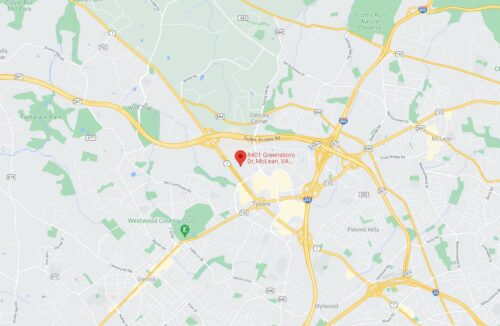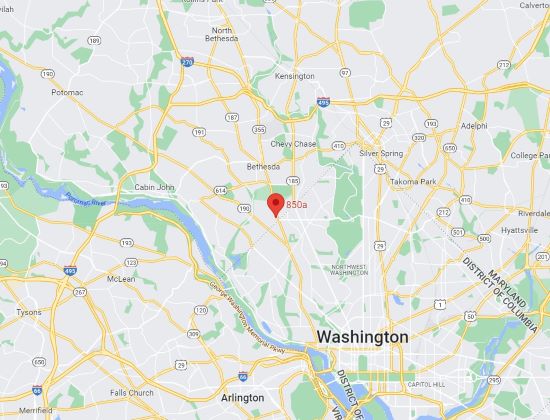LASIK surgery is an effective vision correction procedure, eliminating people’s dependence on contact and glasses. It’s helped millions of people worldwide, and we’ve helped countless patients in the Washington, DC area using state-of-the-art techniques and eye care technologies.
While LASIK is best known for treating refractive errors, it can potentially help with depth perception problems. Let’s take a moment to consider these matters.
How LASIK Works
LASIK is a refractive surgery procedure that uses lasers to reshape the cornea. During the surgery, the overall contour of the cornea is altered in order to improve the passage of light through the eyes. This allows light to focus properly on the retina, improving vision without the need for contact lenses or glasses.
LASIK is an ideal treatment option for the following refractive errors:
- Myopia (Nearsightedness)
- Hyperopia (Farsightedness)
- Astigmatism
Depth Perception Defined
In simple terms, depth perception refers to a person’s ability to perceive the world around them in three dimensions. This essentially refers to one’s ability to note distances of objects, differentiating between nearby objects and distant objects through focus, perspective, visual texture, color, and so forth.
Both of your eyes work together to gather images, which are then interpreted by your brain to create a three dimensional understanding of the world. This is a process known as stereopsis, and a key to depth perception with regard to binocular vision.
What Causes Poor Depth Perception?
Sometimes people’s depth perception degrades or is simply not as good as it could be. There are many potential causes of poor or flawed depth perception:
- Strabismus
- Amblyopia
- Cataracts
- Macular degeneration
- Poor vision in one eye or both eyes
How Effective Is LASIK at Improving Depth Perception?
In many cases, LASIK can improve depth perception for people whose vision is poor as a result of refractive error.
A study published in 2016 noted the effectiveness of PRK (photorefractive keratectomy) when it came to improving depth perception. The study found that patients who suffered from severe myopia experienced the most significant improvement in stereopsis.
PRK is a precursor surgery that eventually led to the development of LASIK; it works in very similar principles as LASIK. In fact, PRK is often performed on patients who are not ideal candidates for LASIK.
Can LASIK Have a Negative Impact on My Depth Perception?
In rare cases that involve surgical complications, LASIK can lead to vision problems. Yet these instances are rare and have been getting rarer thanks to advanced in laser vision correction technology. Today, LASIK is safer than before and yields better results. The risks of eye surgeries are reduced thanks to the latest scanning technologies and systems available.
Other Eye Care Options to Improve Depth Perception
If you are not an ideal candidate for PRK or LASIK surgery, there are still vision care alternatives to consider. In fact, if your depth perception issues are not the result of refractive error, LASIK or PRK wouldn’t be helpful in the first place.
The best way to learn what your eye care options are is to visit the practice for a consultation. During your visit, we can assess your vision and go over the potential treatments that can improve depth perception as well as overall quality and health of your eyes.
Learn More About Laser Eye Surgery
For more information about LASIK and how it can help you see clearly, be sure to contact our advanced laser vision correction center today. The team at our practice is here to help you achieve excellent vision without glasses or contacts.




